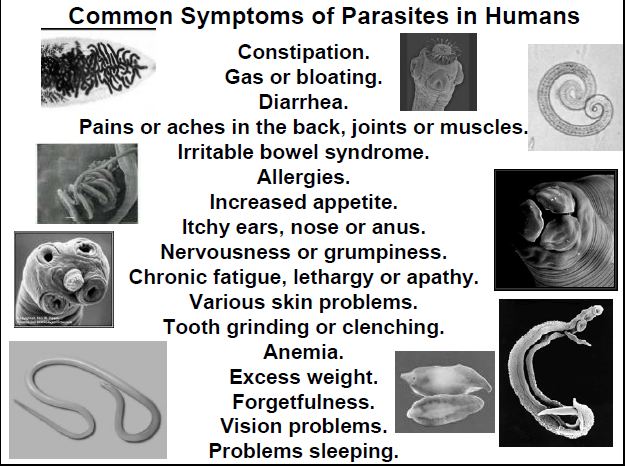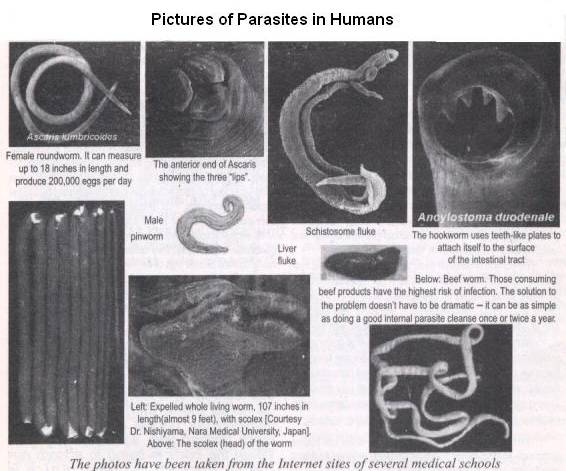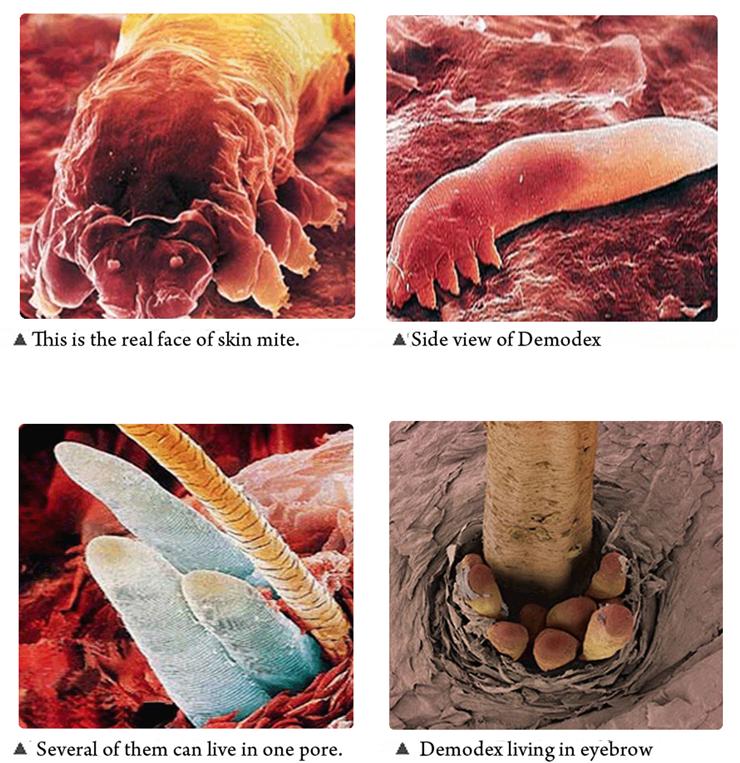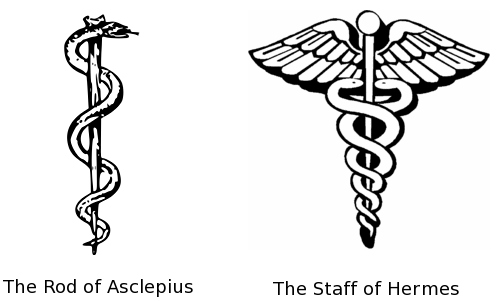For thousands of years our ancestors have used the plant known as wormwood, or Artemisia herba-alba, the white wormwood, for purification, protection and medicinal purposes such as a vermifuge also known as Anthelminticsa or antihelminthics. Vermifuges are natural and unnatural drugs that expel the worms that inhabit the human body, and that today we call parasites. This plant grows wild all over the dry steppes of the Mediterranean regions in Northern Africa (Saharan Maghreb), Western Asia (Arabian Peninsula), Western Europe, and the US.
as a vermifuge also known as Anthelminticsa or antihelminthics. Vermifuges are natural and unnatural drugs that expel the worms that inhabit the human body, and that today we call parasites. This plant grows wild all over the dry steppes of the Mediterranean regions in Northern Africa (Saharan Maghreb), Western Asia (Arabian Peninsula), Western Europe, and the US.
In Old English it is spelled, wormod or wermod.ermod (A.-S.) and means a plant to keep away worms or maggots. In the Wright’s Vocabularies it states; ” It is a corruption of old Eng. wermode, A. Sax. wermod (Ger. wermuth), supposed by Dr. Prior (Names of Brit. plants) to be compounded of A. Sax. werian, to keep off (wehren), and mod or made, a maggot (A. Sax. maiu), as if “ware-maggot.” In Lee charms Wortcunning, it is said of wermod that “hyt cweljjba wyrmas” (vol. i. p. 218), where it is interpreted by Mr. Cockayne as “ware-moth.”
 The Arab Bedouins of the desert take wormwood for various intestinal disturbances associated with worms. The Saxons (Saca-Suns) had called the plant “mind-preserver,” a name given I assume because of the way worms eat our brains today and give us Alzheimer’s and other brain disorders. In the book, Folk-etymology: A Dictionary of Verbal Corruptions Or Words Perverted- By Abram Smythe Palmer, he had written, “the first element is A. Sax. warian, to protect, defend (0. Dut. wcren, &c), and the latter A. Sax. mdd, mind or mood (O. Dut. moedt, Ger. muth, M. H. G. muot). Thus the compound means “ware-mood,” or ” mindpreserver,” and points back to some primitive belief as to the curative properties of the plant in mental affections. Compare wede-berge, ” preservative against madness,” an A. Sax. name for hellebore. Thus the form worm-wood is doubly corrupt. The Professor is not quite correct in adding that ” we find no mention of the plant being used in the way indicated ”
The Arab Bedouins of the desert take wormwood for various intestinal disturbances associated with worms. The Saxons (Saca-Suns) had called the plant “mind-preserver,” a name given I assume because of the way worms eat our brains today and give us Alzheimer’s and other brain disorders. In the book, Folk-etymology: A Dictionary of Verbal Corruptions Or Words Perverted- By Abram Smythe Palmer, he had written, “the first element is A. Sax. warian, to protect, defend (0. Dut. wcren, &c), and the latter A. Sax. mdd, mind or mood (O. Dut. moedt, Ger. muth, M. H. G. muot). Thus the compound means “ware-mood,” or ” mindpreserver,” and points back to some primitive belief as to the curative properties of the plant in mental affections. Compare wede-berge, ” preservative against madness,” an A. Sax. name for hellebore. Thus the form worm-wood is doubly corrupt. The Professor is not quite correct in adding that ” we find no mention of the plant being used in the way indicated ”
The evil devil Worm is also mentioned in both the Old and New Testaments, as a symbol of the gnawing pain of eternal punishment: “Their worm shall not die” (Isa. lxvi. 24). See also  Mark ix. 44, &c. Herod Agrippa “was eaten of worms (aKuiX.rli), and gave up the ghost” (Acts xii. 23). In Isa. li. 8: “For the moth shall eat them up like a garment, and the worm (sds) shall eat them like wool.” It is said about these worms and the plant that kills them; Jeremiah 9:15, “I will feed them with wormwood;” Micah states exactly what the worm will do; “They shall lick the dust like a serpent, they shall move out of their holes like worms of the earth” (vii. 17). In Deuteronomy 29. 18, Moses invites the people to assemble and take an oath to keep the law, “lest there should be among you a root that beareth gall and wormwood.” Deut. xxix. 18, whereof the idolatrous Israelites it is said, “Lest there be among you a root that beareth wormwood” (see also Prov. v. 4). In Jer. ix. 15, xxiii. 13, Lam. iii. 15. 19, wormwood is symbolical of bitter calamity and sorrow: unrighteous judges are said to turn judgment to wormwood? (Am. v. 7).
Mark ix. 44, &c. Herod Agrippa “was eaten of worms (aKuiX.rli), and gave up the ghost” (Acts xii. 23). In Isa. li. 8: “For the moth shall eat them up like a garment, and the worm (sds) shall eat them like wool.” It is said about these worms and the plant that kills them; Jeremiah 9:15, “I will feed them with wormwood;” Micah states exactly what the worm will do; “They shall lick the dust like a serpent, they shall move out of their holes like worms of the earth” (vii. 17). In Deuteronomy 29. 18, Moses invites the people to assemble and take an oath to keep the law, “lest there should be among you a root that beareth gall and wormwood.” Deut. xxix. 18, whereof the idolatrous Israelites it is said, “Lest there be among you a root that beareth wormwood” (see also Prov. v. 4). In Jer. ix. 15, xxiii. 13, Lam. iii. 15. 19, wormwood is symbolical of bitter calamity and sorrow: unrighteous judges are said to turn judgment to wormwood? (Am. v. 7).
Here are some cool ancient interesting facts about the healing properties of wormwood. This medical information was found in the Norse Medical Manuscripts known as the AM 434a, in the Arnamagnæan Institute at the University of Copenhagen. It is dated at around the 1500 century.
* It strengthens the belly of every man who eats it or drinks it, but it is best for it to be boiled in rainwater and to stand for one day before it is drunk. It drives away roundworms, and allows a man to piss.
* If a man crushes it with vinegar and rubs it on himself, then fleas and flies will flee from him.
* It is good against jaundice and also for a man’s liver, tempered with spikenard.
* If a man mixes vinegar with wormwood, it is good for the kidneys.
* If wormwood is blended with honey, it is good to rub on the eyes; then it clears them.
* Water from boiled wormwood is good for pain in the ears.
* Wormwood is good for fresh wounds, if it is crushed and laid on.
* It also helps against itching, if a man washes himself in water in which it has been boiled.
* A man will also not vomit from seasickness, if he drinks it first.
* If a man crushes it and lays it on a swollen testicle, it helps that.
* If a man lays wormwood in bed next to him, then he will sleep well.
* It is also good to lay in books and clothing.
* If a man crushes it in honey, that helps with swelling of the tongue and the blue-black discoloration that comes onto the eyes.
* A mouse will not eat a book which is written using ink that is made from the water in which wormwood is boiled

Moe is the founder of GnosticWarrior.com. He is a father, husband, author, martial arts black belt, and an expert in Gnosticism, the occult, and esotericism.






![How the South Saxons received Eadbert and Eolla, and the West Saxons, Daniel and Aldhelm, for their bishops; and of the writings of the same Aldhelm [705 A.D.] | Book 5 | Chapter 17 How the South Saxons received Eadbert and Eolla, and the West Saxons, Daniel and Aldhelm, for their bishops; and of the writings of the same Aldhelm [705 A.D.] | Book 5 | Chapter 17](https://www.gnosticwarrior.com/wp-content/plugins/contextual-related-posts/default.png)